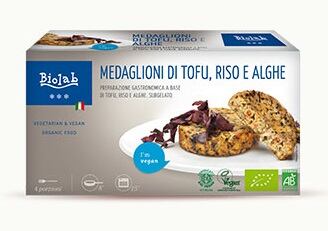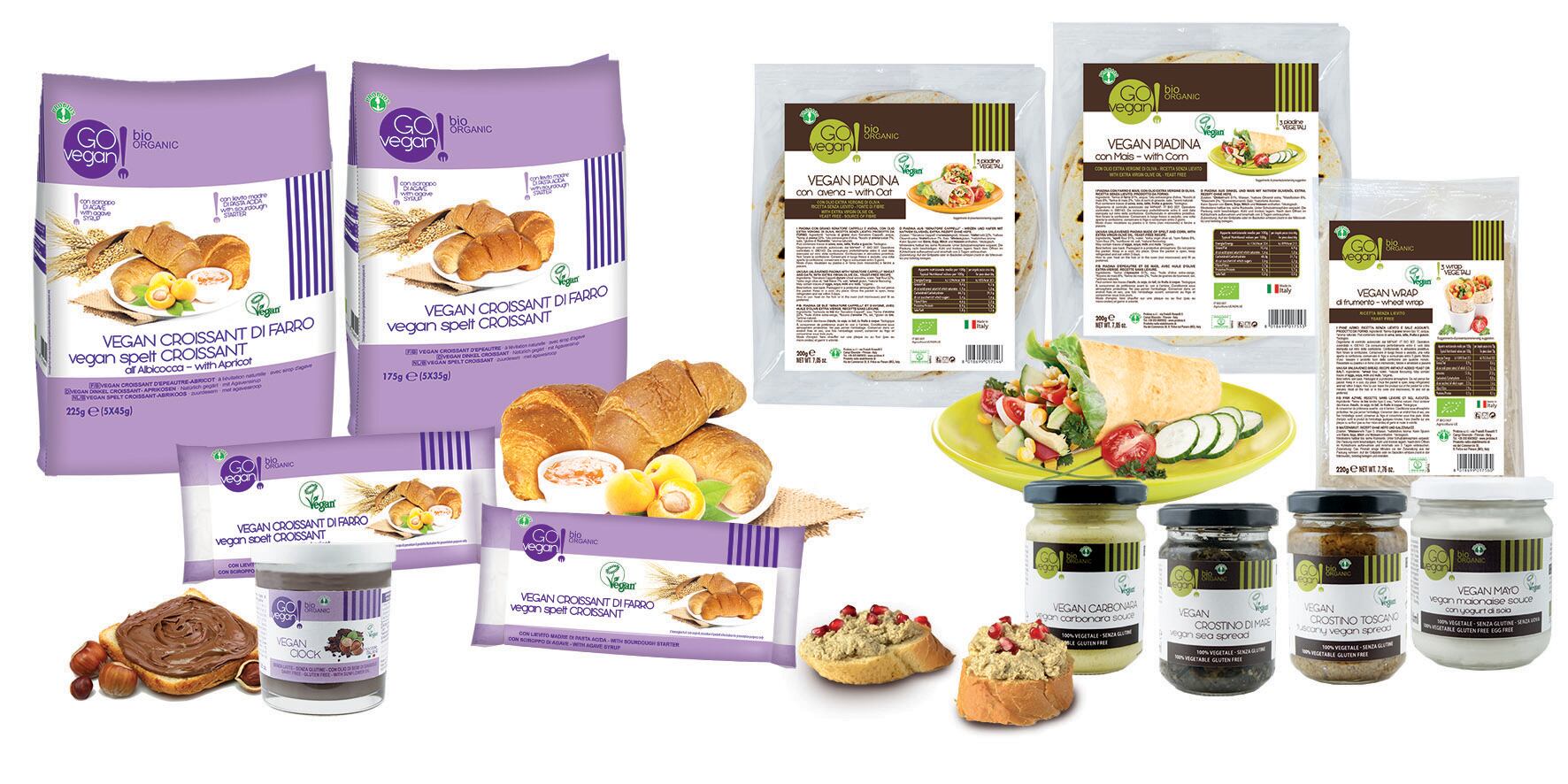Speaking at the industry event SIAL in Paris this week, project manager for the Italian vegetarian and vegan organic food firm Biolab, Dalia Vodice, told us it was trying to create a balance between vegetarian versions of traditional Italian dishes and new products that stood alone.
“It’s not recreating meat; it’s a demonstration that there is a very good alternative to animal proteins. So you eat meat? Okay, you can also eat different things, and soy or tofu can be the perfect way to cook tasty foods. It’s not about copying or recreating.”
Meanwhile, fellow Italian organic firm Probios launched a new vegan croissant using spelt flour at the show, featured in the event's innovation zone, as well as nine other vegan products including a carbonara sauce and chocolate spread as part of its new Go Vegan! range.
Export manager for the company, Elisabeth Leitner, told FoodNavigator that it was important that vegetarian and vegan foods were available from breakfast to dinner.
What’s driving veggie NPD?

Biolab’s Vodice said protein was still key when developing new products, with most of its products incorporating soy or tofu. Taste was also important for consumers, she said, and as such it was looking at ingredients to add new tastes to its range like seaweed which was incorporated into its tofu and rice burger.
Meanwhile Leitner said Probios was targeting products which would traditionally have contained egg or dairy with its Go Vegan! range, its first venture into this market. She said that whether a product had less or more fat however was not a priority for vegan consumers, the main concern being whether it contained animal-derived ingredients. Its products were marketed as “cruelty free”, with machines used cleaned with products that were not tested on animals meaning the manufacturing process was vegan-friendly “from beginning to end”.
She said this holistic approach was also important for the type of products available, with these consumers looking for vegan alternatives for every meal from breakfast to dinner.
On the rise

Earlier this month, research firm Mintel released data that showed vegetarian and vegan product launches had doubled over the past five years – with 12% of global food and drink product launches using vegetarian claims in 2013. For vegan launches this stood at 2% last year, up from 1% in 2009.
Vodice said the percentage of people in Italy calling themselves vegetarian in Italy was growing year on year, reaching around 9-10% this year.
Beyond this population, she said that an increasing number of meat eaters were selecting vegetarian products, and that vegetarian, vegan and meat-eating consumers were driven by similar modern pressures: “All people have a very short time to go grocery shopping, so they often request ready-made meals. Our engagement is to give good meals, organic meals, that are full of taste.”
Leitner said consumers with allergies to things like lactose were also driving this growth.
Breaking cultural boundaries
Vodice said France, where it was now stocked by organic shop Bio c’Bon, was a particular challenge as it had a strong tradition of cuisine with meat and dairy products. She said for this reason the vegetarian market was currently limited, meaning interest in its products from this region had been strong.
